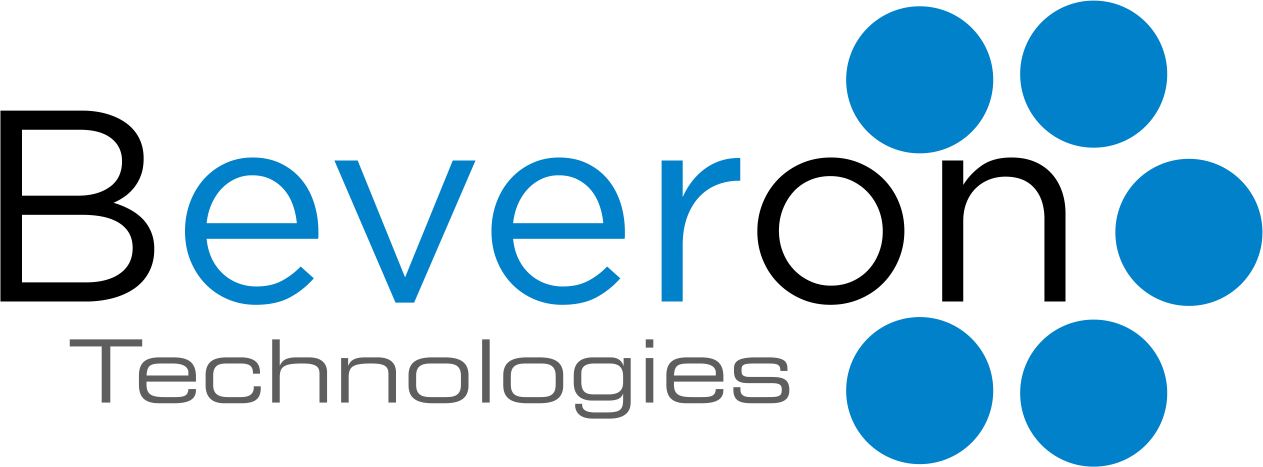

This blog highlights proven best practices for law firms in Morocco to effectively use case tracking...

A practical decision-making guide for law firms on how case tracking software enables better visibil...

Discover how AI-powered case tracking is revolutionizing legal workflows, helping Egyptian law firms...

When we talk about data, law firms are in quite a unique position. This is because usually they have volumes upon volumes of it, and in general the information is incredibly valuable. Simply put, it’s the very nature of a legal business to create and collect massive amounts of information in documents, notes, and communications.
So then, in this age of big data, that’s great news for law firms, right? Well, the shortest answer would be a “yes”. However, the long answer would be “it depends.”
Many law firms now are already embracing data as an essential part of the future of law. With the incredible power of AI and other intelligent technologies, these pioneers are pushing the boundaries of what’s possible.
But one question arises here – if almost every law firm is sitting on their individual data gold mine, why aren’t more cashing in?
It is commonly said that “The legal industry is information rich but data poor”. This is because while data sources are assuredly plentiful, established and mature processes necessary to effectively capture information are sorely lacking.
Sometimes termed as “unstructured,” the type of data Baker is referring to is literally everywhere. It lives in email inboxes, printed documents, PDFs, PowerPoint presentations, spreadsheets, statements, contracts and so on. Again, it’s trapped in personal computers, shared directories or even in the cloud!
Oftentimes, there’s absolutely no accountability for most of this unstructured mess, which means that a good portion of critical and relevant data remains disconnected from the systems designed to take advantage of it. In short, all this data becomes sheer waste!
Gartner has coined a relatively new term that’s more illustrative and instructive — dark data – which is “the information assets organizations collect, process and store during regular business activities, but generally, fail to use for other purposes”.
But data is essential!!
Ideally, the foundational pillars of any innovative law firm should include culture, client relationships, the intelligent use of technology and process — and finally data. Of these areas, generally data is considered the most dependent asset.
Let’s start with the process. It has been observed that in most law firms, the basic processes
to effectively capture data are often not in place. “Effectively” is the key term here, because
while content and information are being generated at an incredible pace, maximizing the value of it is a real challenge without the right set of processes.
One of the biggest obstacles to implementing a better process for capturing data is cultural.
Law firms, like every other type of organization, struggle to make data capture a priority. Employees mostly create new files and documents as part of their daily routine and keep them in familiar places. While this practice may be more efficient for individuals, it’s the core reason data goes “dark.”
On the technology front, is there anyone who hasn’t tried to throw a solution or two at the problem? There is a range of sanctioned technologies — as well as “shadow” products — law firms use to keep, manage, and share documents and data. These systems typically come together in a haphazard manner with varying rates of adoption and oversight.
And finally, data and client relationships go hand in hand. Don’t see the connection? Well, some firms do, and they are using this association to gain a distinct competitive advantage.
Data is virtually meaningless in isolation, but transformative when it’s used conjunctively with the other pillars.
What are the really innovative law firms doing?
Embarking on this data journey requires just that — data. And lots of it.
Each piece of information is important, whether it’s just a paragraph in a transaction document, a figure in a financial statement or a clause in a contract, why, even a single comment made in an email thread! Any data that is omitted from analysis creates a gap in knowledge. It removes context that could later become crucial to an accurate interpretation of the data, thus diminishing its overall value.
The approach to data highlighted here starts by “illuminating” the so-called “dark information” that exists in any law firm. This requires establishing an effective process by which every single piece of information becomes accessible. For achieving this, the larger culture of the law firm must be supportive and participative, and the shift needs to be driven by a technology platform that simplifies, unifies, and manages the process.
Disparate solutions that operate in the open or in the shadows must be replaced by a technology ecosystem that’s interoperable and cohesive. This infrastructure also must be able to seamlessly facilitate AI, machine learning, analytics and other advanced capabilities that surface.
Once they’ve reached this vantage point, firms can then begin to think strategically about putting the data to use — whether it’s creating more accurate budgets, predicting litigation outcomes, or optimizing efficiency.
A comprehensive approach enables firms to:
▪ Improve the client experience by delivering more targeted products and services based on insights. Data empowers your firm to offer more cost-effective solutions,
complete work more quickly and meet client expectations with more consistent, dependable work.
▪ Streamline operations by using data to identify process inefficiencies and fix them, in addition to automating manual steps or triggering a workflow based on known information.
▪ Provide better business-winning outcomes by better understanding what a client’s reaction to a proposal will be, which resources are needed when, and what a potential client’s pain points are.
With the right mindset, planning, and execution, the potential list of improvements driven by data is nearly limitless.
Embracing a culture of data innovation
Historically, the legal industry has been very reluctant to adopt new technology and ideas, but simultaneously it has also recognized that data is invaluable. And as we know, having the right piece of information can be the difference between success and failure.
Data as a concept is no different.
Most industries by now, have been successfully using data to become more agile and effective for more than a decade. We’re now seeing more law firms interested in data, even though adoption is slower and, in some cases, half-hearted.
Firms that hedge their bets with limited strategies, sending only selected data for analysis, will see some benefits — but just temporarily.
But there’s a greater value to be had, and competition for business will only grow fiercer. Firms that fully embrace data and weave it into their culture, client relationships, processes and technologies will become clear leaders because they’ll be able to demonstrate their value more effectively, more efficiently deliver services, and ultimately, win more business.